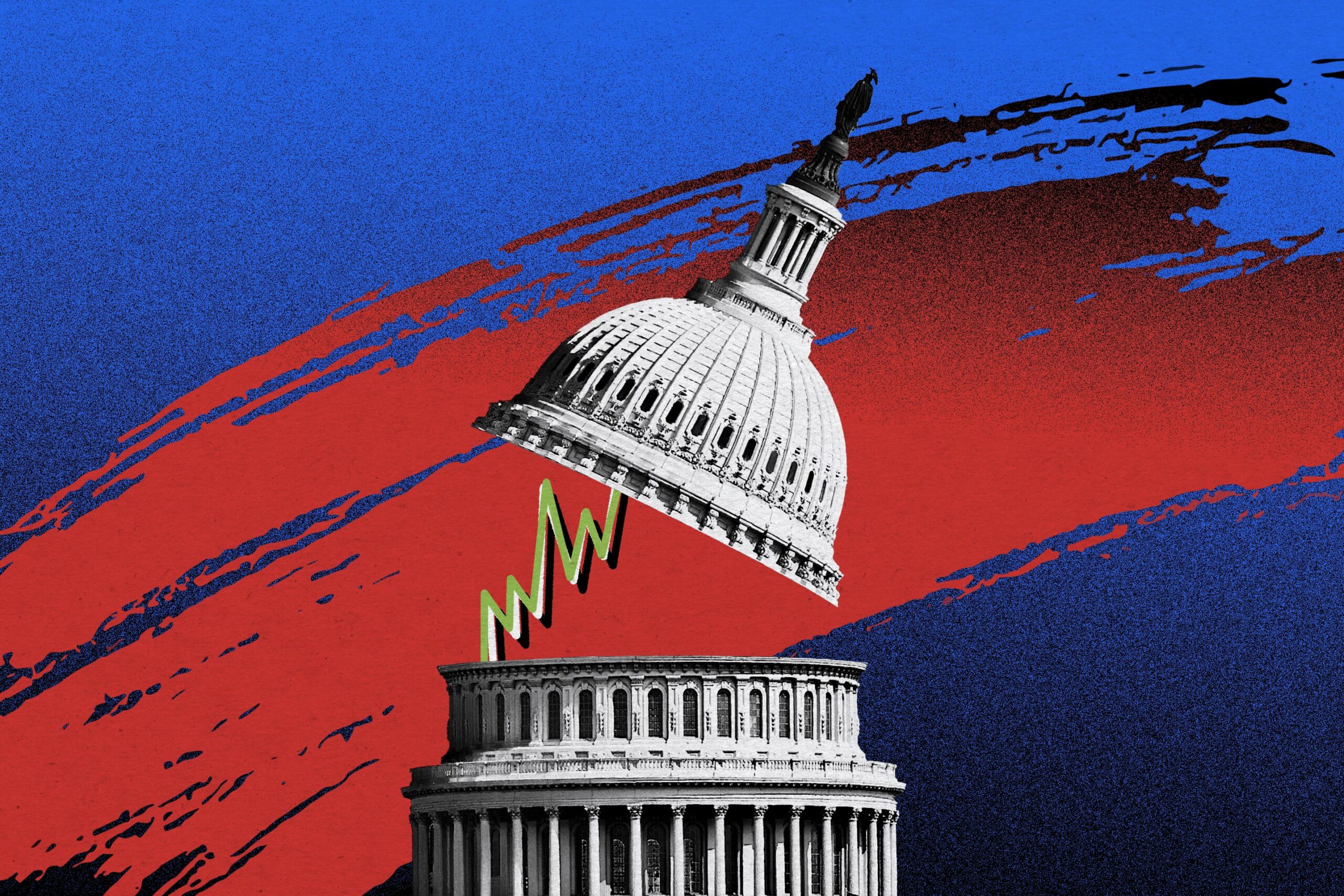The US Senate has confirmed a bipartisan resolution to increase the nation’s debt ceiling.

Given that President Biden is presumed to endorse the freshly approved legislation, the decision on Thursday paves the way to avoid an economic meltdown as the country approaches its debt default deadline of June 5th.
The outcome of the Senate’s vote was 63 to 36 in favor of the bill, which was the product of intense negotiations extending into late hours between representatives of President Biden and House Speaker Kevin McCarthy. Although crafted by opposing parties, this legislative agreement managed to win approval from the House of Representatives a day earlier.

Senate Majority Leader Chuck Schumer confirmed that the threat of default was being evaded with the passing of this bill in the Senate, where Democrats maintain only a marginal majority. President Biden expressed satisfaction with the legislation’s approval, referring to it as a significant victory for both the national economy and the populace. Further remarks on this matter were promised for the following day.

Before the Thursday vote, Schumer and Minority Leader Mitch McConnell encouraged their fellow party members to endorse the arrangement that suspends the federal borrowing limit until January 2025. Schumer cited the previous night’s vote in the House of Representatives, which he hailed as a shining example of bipartisanship, as a precedent for the Senate to strive toward.

Despite resistance from senators seeking amendments on issues ranging from military expenditure to pipeline construction, Schumer assured his Senate colleagues that the session would continue until the legislation was approved, underscoring the looming default deadline. He stressed the dangers of unnecessary delay or modifications to the legislation’s wording, stating that any alterations requiring the bill to return to the House were unacceptable and would likely ensure default.

After Schumer’s remarks, the decision-making process progressed with a series of quick votes on the numerous proposed amendments, with each requiring a minimum of 60 votes to pass. McConnell, the Republican counterpart to Schumer, underscored the bill’s conservative credentials to the party, which was sharply split over its benefits. The Congressional Budget Office had estimated earlier in the week that the federal budget deficit could be decreased by $1.5 trillion through 2033 under the debt-ceiling deal’s terms. This reduction would largely be achieved via the deal’s limits on non-military discretionary spending, the retrieval of unspent COVID relief funds, and formerly allocated funds to the Internal Revenue Service (IRS).
However, Senate Republicans expressed their strong opposition to the military spending stipulated in the deal on Thursday, arguing that it was insufficient for the US to maintain its competitive edge internationally. Despite this, Schumer reassured the Senate that the debt ceiling deal does not restrict the Senate’s ability to appropriate additional funds for emergencies to ensure adequate military capabilities to counter potential threats from global adversaries.






